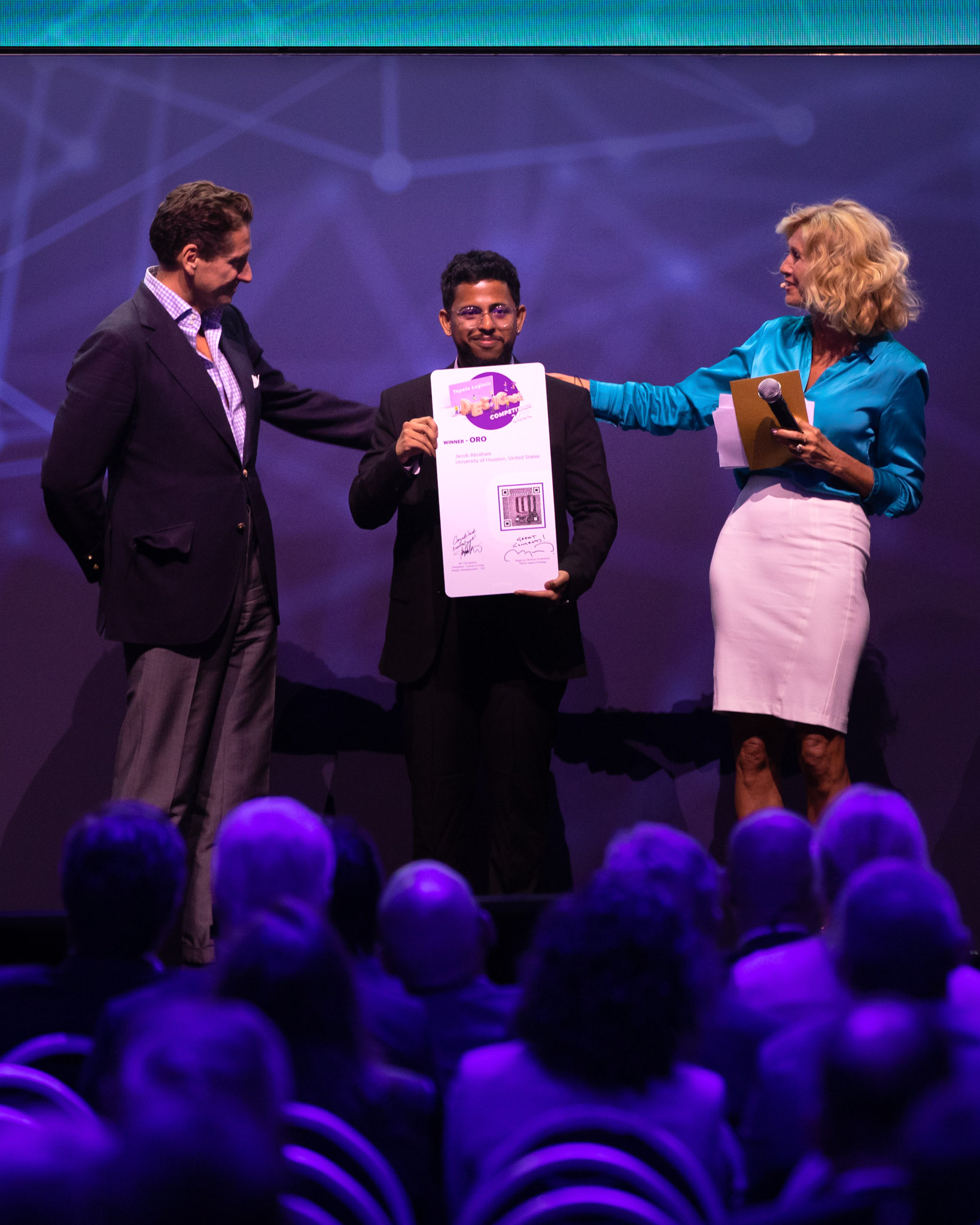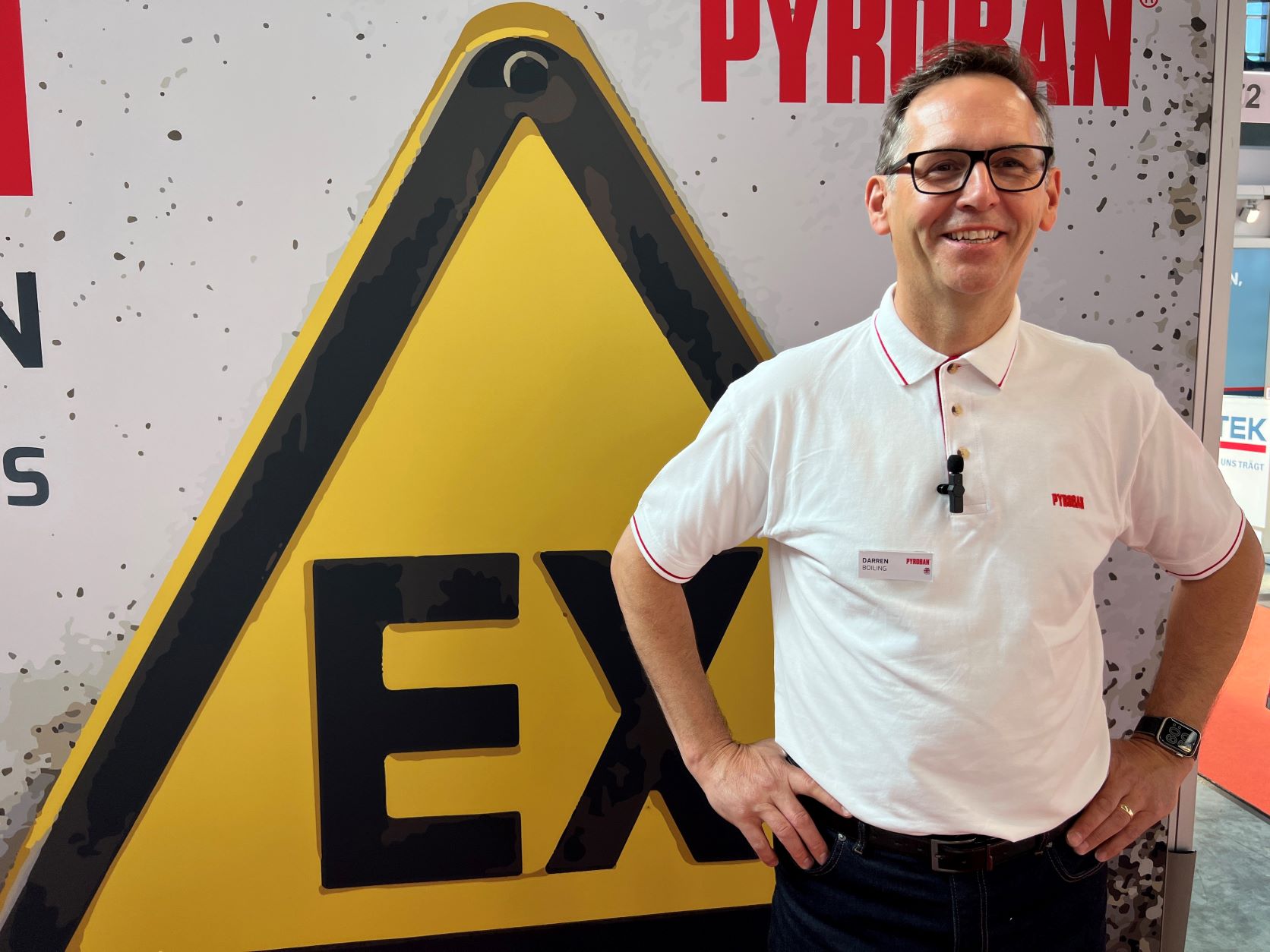Baoli EMEA S.p.A., the forklift truck manufacturer which is part of the KION Group, is currently present in 52 countries and pursues the ambitious goal of being successfully represented in 86 markets in the EMEA economic area in the coming years. The company’s growth in Italy is particularly positive. We wanted to find out why this is the case and spoke to Marco Vettorel, Sales Manager of the forklift truck dealer RENT Srl. in Fiume Veneto (PN), Italy, explains why this is the case.
Q: How long have you been working with Baoli?
Marco Vettorel (MV): Our cooperation with Baoli began in 2016 – initially very cautiously – with the order of the first machines. We were surprised by the result. Our impression of the delivered forklifts was extremely positive, and we were very satisfied with the quality. We then strengthened our commitment to spreading this brand by familiarising our technicians with Baoli products through specific training.
By now, we can say that the Baoli brand represents a significant share of our business. After all, Baoli also enables us to successfully serve those customers who only have basic needs for their forklift fleet. As a dealer, we therefore try to always have a sufficient stock of Baoli equipment. We currently have almost 25 vehicles in various configurations ready for delivery. This enables us to fulfil our customers’ wishes very quickly.
Q: Have there never been any problems or even doubts about the cooperation?
MV: Indeed, in the first phase of our cooperation – i.e. in the phase of getting to know each other – there were some problems with the Baoli products. These were mainly related to the availability of spare parts. Necessary parts were difficult to obtain, which significantly prolonged repair times. This changed dramatically when Baoli EMEA set up a centre in Rolo, Italy, from which all sales, customer service and marketing activities in the EMEA region are managed. This centre is now essential for the delivery of spare parts and even new forklifts. In other words: With this centre, our confidence in the brand has noticeably improved.
Q: So, are you convinced today that Baoli is a quality brand?
MV: Definitely. Our sales figures show that the market perceives the Baoli brand as a reliable and high-quality brand. In 2021, Baoli recorded almost 1,400 orders on the Italian market. This corresponds to a market share of about 1.6%. By May 2022, more than 800 orders had already been received. So, it looks like we will sell even more trucks from this manufacturer this year than last year. Moreover, considering that the Baoli brand was established only a few years ago, achieving a market share of 1.6% is really a good testimony to the work done. However, we should not rest on our laurels: there is still enough for all of us to do to make the brand even more successful in the markets.
Q: What would you describe as the most important quality features of a Baoli product?
MV: Baoli products are robust, simple and safe – without unnecessary technical accessories that could affect the reliability of the machines over time due to possible failures. In addition, our customers very much appreciate that the vehicles are built with little plastic but a lot of metal. This gives the impression of incomparable solidity. Therefore, Baoli machines are often sold to customers where the decision-maker is also the subsequent user of the truck. Once he has recognised the quality and the essential nature of the design, the sale is usually closed.
Q: So, in your opinion, the quality of Baoli products is better than that of other manufacturers from the Asian region?
MV: Of course! It definitely is. Compared to most Chinese manufacturers, the Baoli brand stands out especially in warehouse equipment and electric forklifts, which are the most important market segments for our markets. In addition, there is the Baoli range of IC engine-powered equipment. These are also excellent products that very precisely cover the needs of our customers.
Q: How important is it for you that Baoli is part of the KION Group?
MV: Very important! It is easier for us to present the KION Groups strategy to customers and to make it clear that Baoli can definitely have its place in a market that has already grown and that it also stands out clearly from the offerings of other Chinese brands. After all, RENT is part of a group of companies that also includes other KION Group brands. This means that our customers are very often in a position to compare models from different brands and choose the most suitable product for themselves. Baoli expands our product range enormously and, in my opinion, this is particularly important for our business, and also for our customers.
Q: What “rating” do your customers give to the quality and services offered by Baoli?
MV: We permanently check the level of customer satisfaction and the reliability of the forklifts by, among other things, checking the quantity of original spare parts ordered from Baoli. Every time we do this, we are genuinely amazed at the very low number of requests we have. In my opinion, this is a very clear quality criterion.
Q: In your experience, how important is the product price for the purchase decision of your customers?
MV: The price is of course an important factor for many of our customers, even if it is not fundamental. Often our customers say: “This is exactly what I was looking for and what I need”. In my experience, customers who were not in contact with Baoli products before evaluate them according to the criteria of quality, price, services and the value of the used vehicle, in that order. If we succeed in arguing positively on all four points, then a purchase is usually concluded. With Baoli machines we very often succeed in this argumentation.
Q: What is a typical sales negotiation like for you?
MV: Of course, these negotiations are very individual. However, this much can be said: The sale of Baoli products creates a very strong relationship with the customer. In this day and age of “dematerialisation and digitalisation”, an “old-fashioned” relationship is maintained. Thus, almost all negotiations take place on site at the customer. The machine is presented there, tested together and evaluated.
Q: How many Baoli forklifts do you sell on average per year?
MV: Since we set up a sales team for the Baoli project, the number of forklifts sold has more than doubled. This year we will reach this milestone a few months before the end of the year.
Q: Do you have some particularly important customers for whom Baoli was the best choice and whose story you would like to tell us briefly?
MV: There is a lot to tell. But I will limit myself to two short stories. For example, we provided one of our customers with a forklift truck on loan to cover their production peaks, and offered them a 2.5-tonne Baoli forklift truck with an internal combustion engine. At first, the customer was a little hesitant. Today, two years later, he is replacing his old forklift truck from another manufacturer with exactly this Baoli vehicle. There is another customer who works with his forklifts in cold storage. We replaced his old forklifts with the Baoli ES series and were able to offer him more safety and reliability.
Q: Do you have any ideas on how the business with Baoli could be further expanded?
MV: A “zero-percent financing” for our end customers, which is also supported by Baoli, would be desirable. Otherwise, the cooperation is going very well from my point of view. For example, we were successful in targeting some market segments already occupied by other providers together with Baoli and by developing corresponding strategies. I am sure that together we will generate much more market share.
Overview of RENT s.r.l.
RENT was founded in 1996 in the Italian province of Pordenone. It is part of the Vecar Group, which was founded in 1985 as the exclusive dealer of OM Pimespo for the Friuli-Venezia Giulia region in Italy. It later added the representation of STILL brand vehicles, and in 2015 RENT began distributing Baoli forklift trucks. Worldwide, the Vecar Group generated €67 million in sales in 2021, with a total of 370 employees – 70% of which were in Italy. RENT s.r.l. in Fiume Veneto, northern Italy, currently has 35 employees, including 20 technicians, who are on the road with a service van equipped as a mobile workshop.
similar news
Baoli To Premiere Reach Trucks At IMHX











